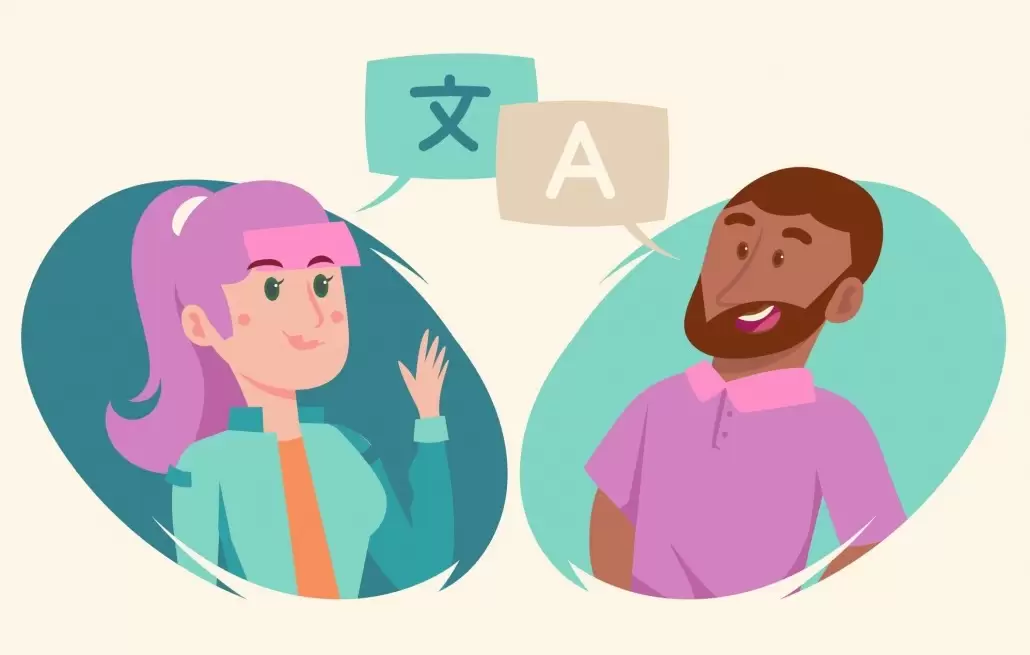
Is Russian A Hard Language To Learn
Russian is considered a difficult language to learn for English speakers. There are three main reasons for this. First, Russian is a phonetic language, which means that each letter in a word has one sound. English, on the other hand, has many letter combinations that can produce multiple sounds. This can make it difficult for English speakers to properly pronounce Russian words.
Second, Russian grammar is very different from English grammar. Russian has cases, which determine the role of a noun in a sentence, and verb conjugations, which change depending on the person and number of the subject. English speakers often find Russian grammar rules to be confusing and difficult to remember.
Third, the Russian alphabet is different from the English alphabet. Russian has 33 letters, while English has only 26. This can make it difficult for English speakers to learn how to read and write Russian.
Despite these challenges, Russian is a highly logical and structured language. With a little bit of effort, English speakers can learn to speak and write Russian fluently.
How long does it take to learn Russian?
There is no one answer to the question of how long it takes to learn Russian, as the time it takes to learn any language depends on many factors, including individual abilities and motivation. However, a good estimate is that it takes around 1,000 hours of study to become proficient in Russian.
The best way to learn any language is through immersion, and for Russian, this means living in a Russian-speaking country or spending as much time as possible around Russian speakers. However, even if this is not possible, there are many other ways to learn Russian.
One option is to take Russian classes, either in-person or online. In-person classes usually require a commitment of around two hours a week, while online classes can be taken at any time that fits the student's schedule.
Another option is to use Russian audio and video materials, such as movies, TV shows, music, and podcasts. These can be found online or at local libraries.
Finally, there are many Russian-language websites and blogs that can help improve fluency. These can be found by doing a search online.
Is it harder to learn Russian or English?
There is no simple answer to the question of whether Russian or English is harder to learn. Both languages have their own quirks and intricacies that can make them difficult for new speakers to master. However, there are some key factors that can make one language harder than the other.
One of the main factors that can make Russian harder to learn is the fact that it is a significantly different language from English. Russian is a Slavic language, while English is a Germanic language. This means that the two languages have different grammar rules, vocabulary, and pronunciation. In addition, Russian has a Cyrillic alphabet, which can make it difficult for English speakers to learn how to read and write Russian.
On the other hand, English can be difficult to learn because of its many rules and exceptions. English also has a large number of idiomatic expressions that can be difficult for non-native speakers to understand. Additionally, the English pronunciation can be difficult for foreign speakers to master.
In the end, it is difficult to say which language is harder to learn. It really depends on the individual and their level of language proficiency. However, Russian is generally considered to be harder to learn than English, due to the vast differences between the two languages.
Is it worth learning Russian?
There is no one definitive answer to the question of whether or not it is worth learning Russian. Some factors to consider include your reasons for wanting to learn the language, your opportunities to use it, and your level of fluency.
If you are interested in learning Russian because you have a personal connection to the country or its people, or you plan to travel or do business there, then learning the language is definitely worth your time. Russian is the native language of more than 150 million people, making it the eighth most spoken language in the world. And with the growing economy of Russia and other countries in the former Soviet Union, the demand for Russian speakers is increasing.
Even if you don't live in a Russian-speaking country, there are many opportunities to use the language. Russian is the predominant language in the media in many parts of the world, and it is also commonly studied in schools and universities. Russian is also the language of culture, with many famous writers, musicians, and artists having come from Russia and other countries in the former Soviet Union.
If you are starting from scratch, it will take some time to become proficient in Russian. But with dedication and a willingness to learn, anyone can become proficient in this fascinating language.
Is Russian harder than Spanish?
There is no definitive answer to this question as it depends on individual preferences and abilities. However, there are some key points that can be made in regards to the two languages.
First of all, Russian is a Slavic language which is different from Spanish. This means that the grammar rules and sentence structures can be quite complicated for Spanish speakers to learn. In addition, Russian has a Cyrillic alphabet which can be difficult to master.
On the other hand, Spanish is a Romance language which is more similar to English than Russian. This can make it a little easier for Spanish speakers to learn. In addition, Spanish has a regular alphabet which is easier to learn than Cyrillic.
So, overall, Russian may be a little harder for Spanish speakers to learn than Spanish. However, it ultimately depends on the individual and their abilities.
Is Russian a beautiful language?
Russian is one of the most ancient Slavic languages and is one of the official languages of the Russian Federation. It is also used as an official language in Belarus, Kazakhstan and Kyrgyzstan. Russian is spoken by about 150 million people as a first language and by about another 110 million people as a second language.
Russian is a beautiful language with a rich history and culture. It is a very versatile language that can be used in a variety of different ways. Russian is also a very logical language, which makes it easy to learn for English speakers.
Is Russian worth learning 2023?
Russian is one of the most difficult languages to learn for English speakers, but it is also one of the most rewarding. If you are thinking of learning Russian in 2023, here are some reasons why you should consider doing so.
Russian is the most widely spoken Slavic language in the world. It is the official language in Russia, Belarus, and Kazakhstan, and it is also spoken in Ukraine, Estonia, Latvia, and Kyrgyzstan. Learning Russian will give you a better understanding of the culture and people of these countries.
Russian is a very versatile language. It is used in business, diplomacy, science, and technology. Learning Russian will give you access to a wealth of Russian literature, music, and film.
Russian is a difficult language to learn, but it is also a very interesting one. The grammar is quite complex, and the pronunciation can be difficult for English speakers. However, if you are willing to put in the effort, you will be rewarded with a rich and fascinating culture.
